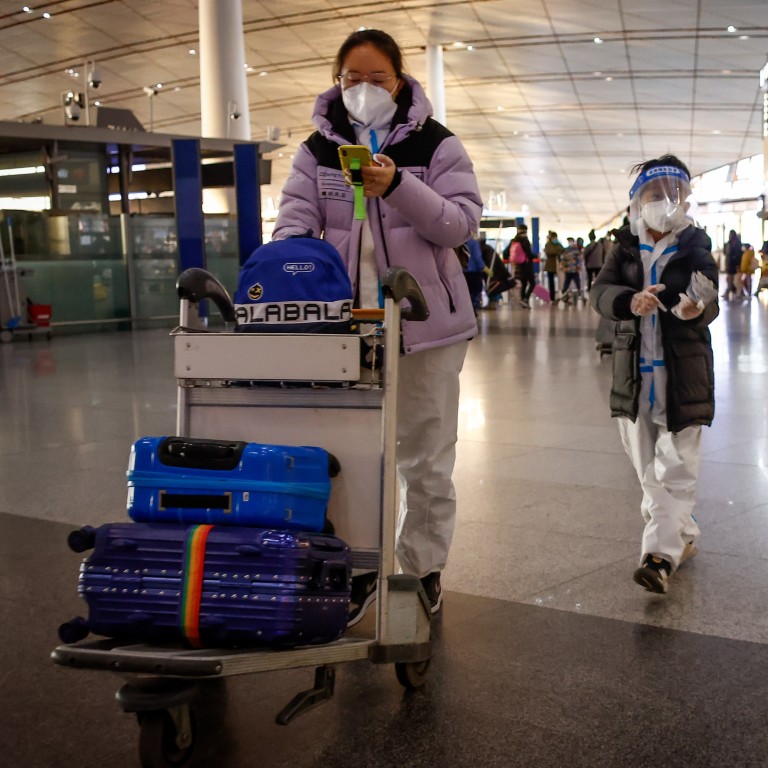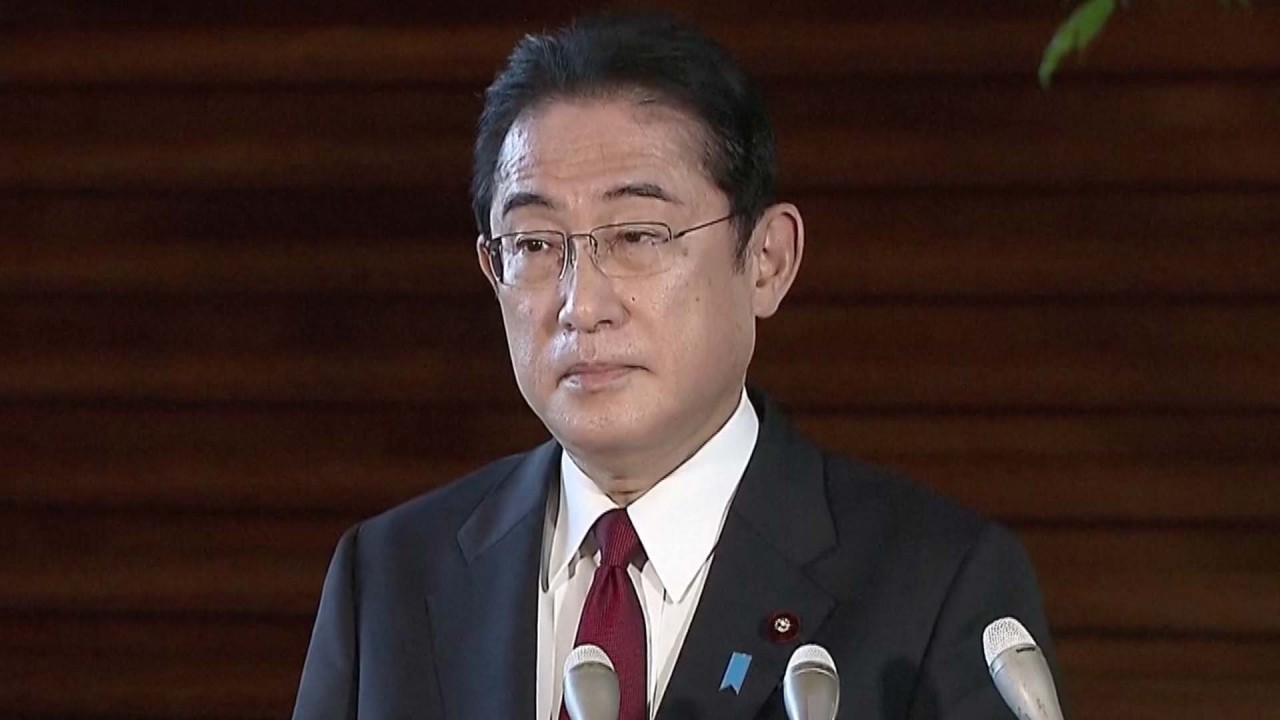
Coronavirus: Beijing decries ‘political’ curbs on Chinese travellers, threatens to reciprocate
- Foreign ministry spokeswoman says Covid-19 restrictions targeting flights from China are ‘unacceptable’ and ‘lack scientific basis’
- More than a dozen countries, including Britain, Japan, South Korea and the US, impose new measures, with Morocco declaring a blanket ban on arrivals
“We are firmly opposed to the practice of manipulating pandemic measures for political goals, and will take corresponding measures according to the principle of reciprocity and according to different situations,” Chinese foreign ministry spokeswoman Mao Ning said on Tuesday.
The latest measures “do not in any way affect the strong friendship between the two peoples, and the strategic partnership between the two countries”, the Moroccan foreign ministry said on Sunday.
China’s border reopening presents rest of world with dilemma
“We are willing to strengthen communication with the international community, together winning against the pandemic. At the same time, we feel that certain countries’ entry restrictions targeting China lack scientific basis, and some excessive measures are unacceptable,” Mao said.
France said on Tuesday that its requirements, including pre-departure testing, in-flight mask-wearing and random testing on arrival, would continue despite Beijing’s disapproval.
“I think we’re performing our duty in asking for tests … we will continue to do it,” said French Prime Minister Elisabeth Borne.
The now-abandoned zero-Covid policy – characterised by lockdowns, mass testing and closed borders – was China’s answer to the pandemic for over three years.
The policy was criticised by the White House as ineffective, and the top US infectious disease expert Anthony Fauci said it did not “make public health sense”.
On December 25, China’s National Health Commission stopped announcing daily infection numbers as compulsory testing was no longer required.
The US cited a “lack of transparent data” from China as it announced requirements for a negative pre-departure test from Tuesday.
Spain joins Italy in placing new curbs on Chinese travellers
Italy is the only European country to require all travellers from China to be tested upon arrival. More than a third of the passengers on one flight to Milan tested positive for the virus, while half of all passengers on another flight tested positive.
Observers said the new restrictions were driven by public health concerns as well as geopolitical tensions.


